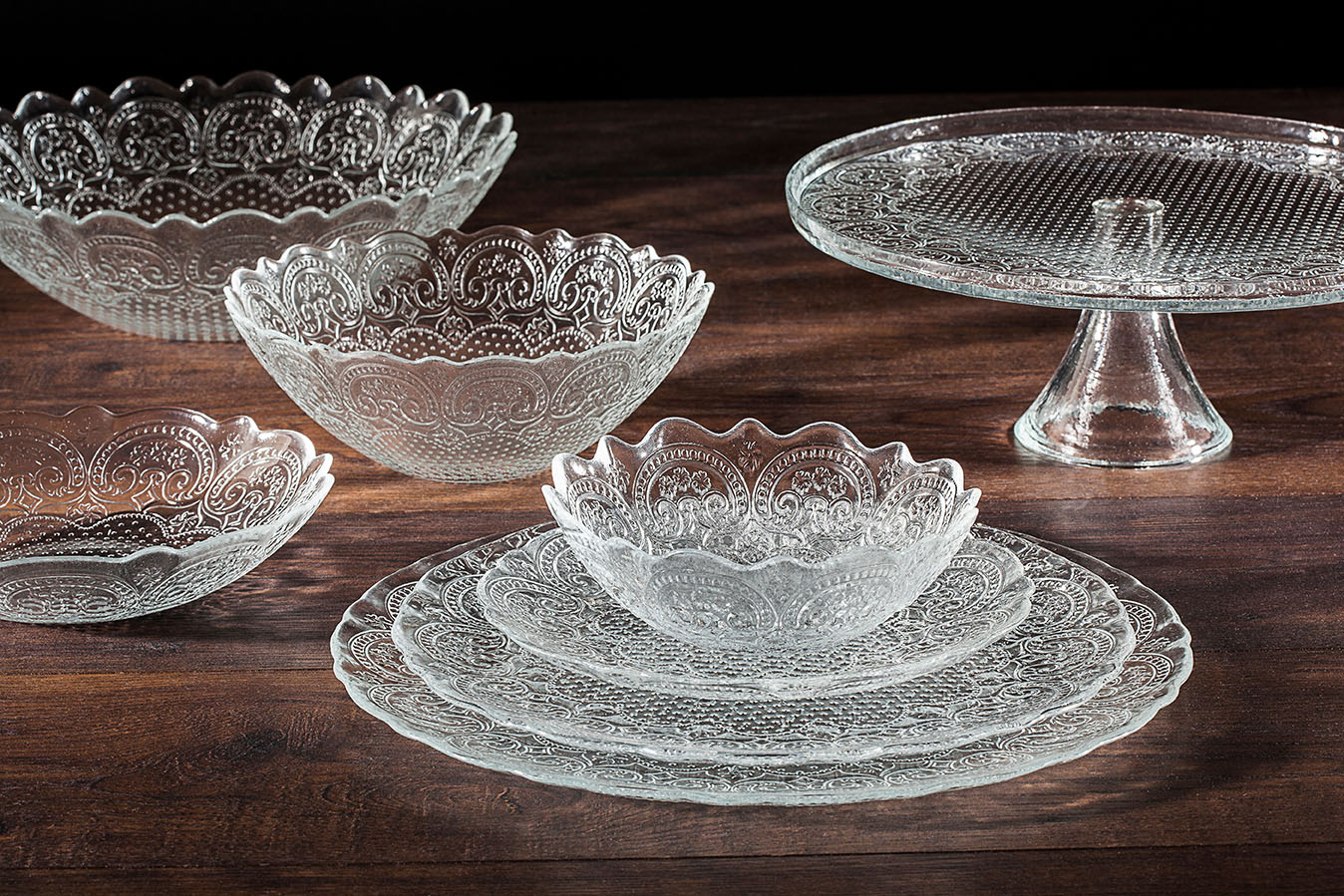

Glassware is a general term for laboratory equipment made of glass. It is used in science experiments to hold, measure, and mix chemicals.
Glassware is made of a special type of glass that is resistant to chemicals and heat. This makes it safe to use in experiments with hazardous materials.
There are many different types of glassware, each with a specific purpose. Some common types of glassware include:
Glassware is an essential part of any science laboratory. It is used to ensure that experiments are conducted accurately and safely.
A collection of glassware is called a glassware set.

Noun: glassware.
Adjective: glassy.
Verb: to glaze.
Synonym: crystalware, tableware.
The word "glassware" comes from the combination of the words "glass" and "ware". The word "glass" comes from the Old English word "glaes", which means "clear stone". The word "ware" comes from the Old English word "waru", which means "goods" or "wares".
What is glassware?
Question: What are the different types of glassware used in science?
Answer:
There are many different types of glassware used in science, each with its own purpose. Some of the most common types of glassware include:
These are just a few of the many types of glassware used in science. The type of glassware that is used for a particular experiment will depend on the specific needs of the experiment.
Address
Developing Experts Limited
Exchange Street Buildings
35-37 Exchange Street
Norwich
NR2 1DP
UK
Phone
01603 273515
Email
hello@developingexperts.com
Copyright 2025 Developing Experts, All rights reserved.